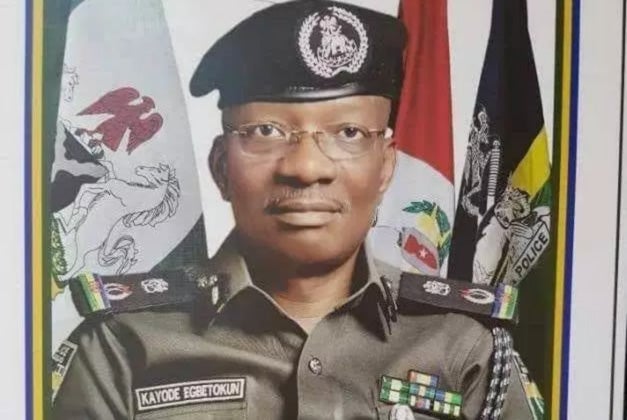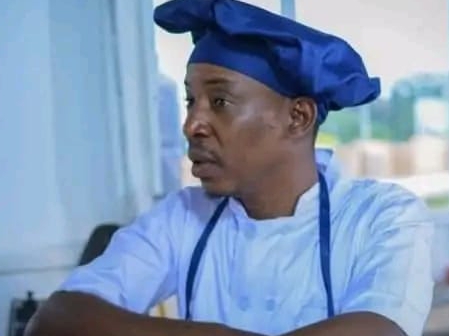
Two days before 9/11, an Al-Qaeda suicide squad posing as journalists sat down for an interview with Ahmad Shah Massoud, the last major commander resisting the jihadist group’s Taliban allies in northern Afghanistan.
Before he could answer a question, they detonated explosives that investigators said later had been cunningly disguised in their camera equipment.
Twenty years on, Massoud’s assassination and the September 11 attacks on the United States are for many Afghans the twin cataclysms that started yet another era of uncertainty and bloodshed — and which continue to reverberate following the Taliban’s return.
The charismatic Massoud, known as the Lion of Panjshir after his native valley, built his name during the 1980s as a brilliant guerrilla commander repelling Soviet forces.
By the late 1990s, he was fighting the Taliban — and their Al-Qaeda allies.
Both wanted him gone.
The audacious hit was ordered by Osama Bin Laden himself.
The assassins pretended to be filming a documentary and secured the Massoud interview by presenting a concocted back story printed on letterhead from an Islamic centre in Britain. They used stolen Belgian passports to travel.
Then they hit a wall — Massoud was too busy to sit down with them when they arrived in August 2001 at his base in Khwaja Bahauddin village.
“They spent 10 days with us calmly and patiently waiting, and never unnecessarily insisting on the interview,” Fahim Dashti, a journalist and close Massoud aide, told AFP a few weeks after the assassination.
Dashti was setting up his own camera to record the interview as the two Al-Qaeda operatives relayed their questions in Arabic to the commander’s close aide, Masood Khalili, for translation.
“We were not feeling comfortable,” Khalili told AFP in October 2001, especially because they had asked questions about bin Laden.
“The ‘cameraman’ had a nasty smile. The ‘journalist’ was very calm,” he said.
Just as Massoud heard the translation, the explosives went off.
– ‘Your leader is dead’ –
The killing sent shockwaves across Afghanistan and the world.
Massoud was seen as the last big hope by anti-Taliban Afghans at the time, and by Western governments as a potent ally against even more hardline Islamists.
With his Northern Alliance resistance already on the back foot against the Taliban, his aides hid his death for days.
A week after he was killed, Massoud was buried in his home district of Bazarak — his body shrouded in the colours of the Afghan flag and with thousands of followers in the funeral procession.
A marble tomb was built attracting huge numbers of devotees.
“When (Massoud) was killed, I was in Panjshir. The resistance forces were…surrounded from all sides,” a 47-year-old resident of the area told AFP on Monday, requesting anonymity because of security fears.
“The Taliban even announced on the radio: your leader is dead and you’re done. But… the death of the leader gave the people another reason to fight harder.”
The tables were turned within weeks as the United States, looking to punish the Taliban for harbouring the 9/11 perpetrators, invaded Afghanistan.
The Taliban regime fell by the end of 2001, pummelled by American bombers guided by Northern Alliance fighters.
Al-Qaeda, hoping to get the upper hand both against the United States and in Afghanistan with their two major attacks, was on the run.

– Panjshir falls –
The Taliban launched a lightning offensive as the last US-led troops left Afghanistan this year, capping their 20-year insurgency with the capture of Kabul on August 15.
Once again, the main opposition emerged in Panjshir — led this time by Ahmad Massoud, who was 12 years old when Al-Qaeda killed his father.
But the Taliban swiftly sent fighters to surround the area, claiming eventually on Monday that they had captured Panjshir.
Among the resistance dead in the heavy fighting was Fahim Dashti, the journalist who survived the Massoud bombing 20 years ago.
One Taliban account posted a picture of fighters in Panjshir standing in front of a vandalised Ahmad Shah Massoud poster.
Ahmad Shah Massoud’s brother Ahmad Wali said in Geneva Tuesday that while their National Resistance Front was “wounded”, thousands of fighters can come back at any time.
It is a difficult scenario for Mohammad Sana Safa, a 63-year-old who worked with Massoud in the 1980s when there were daily attacks by the Soviets.
“Ahmad Massoud is a young man, patriotic, but he has no military experience like his father,” Safa said Monday.
“Had (his father) been alive today, we would have not witnessed this… the fall of Panjshir to the Taliban.”

